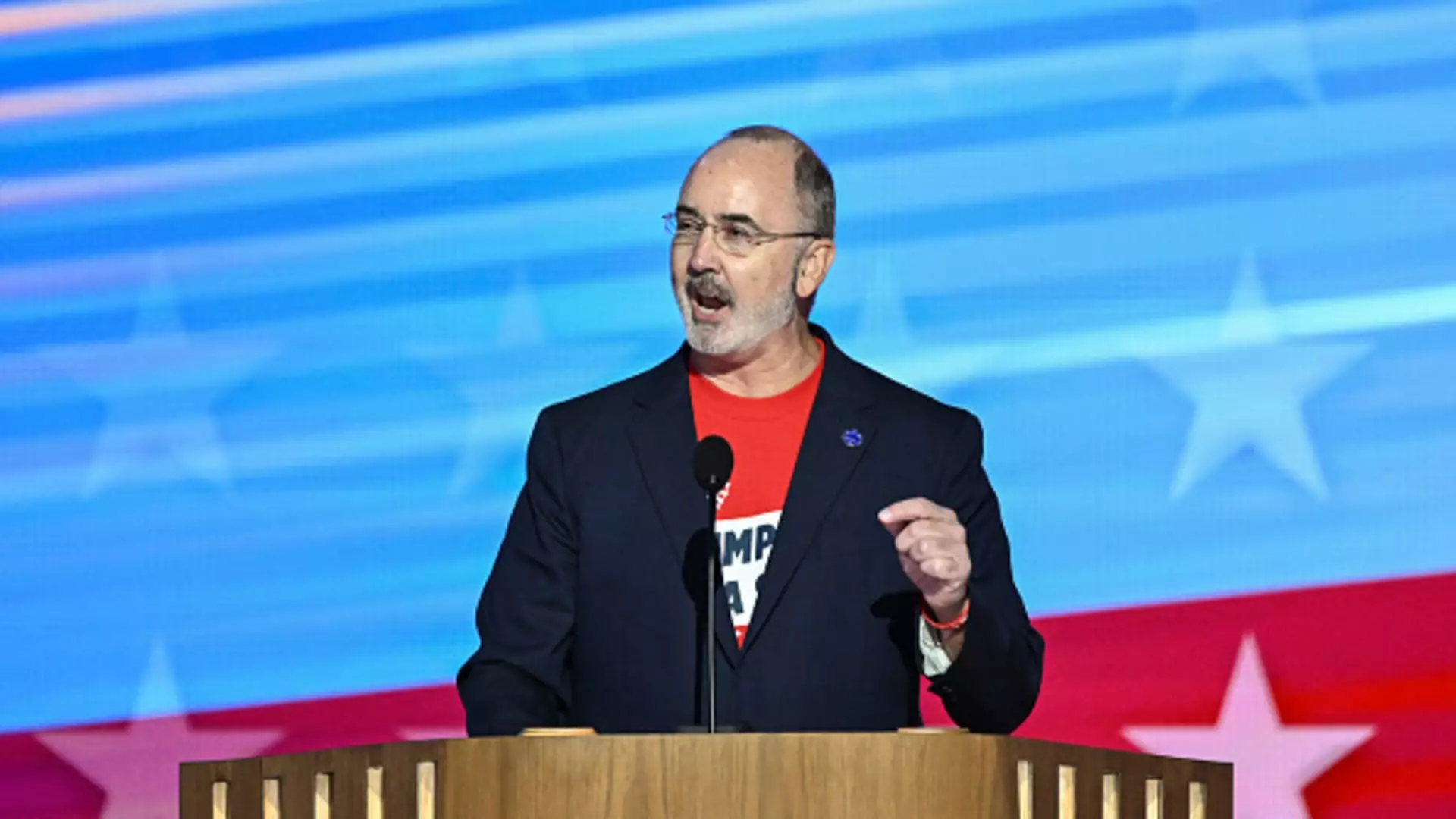In a significant development for the automotive industry, the United Auto Workers (UAW) union has lodged federal unfair labor practice charges against Stellantis. This move highlights the ongoing tension between labor unions and major automotive manufacturers, particularly in the wake of recent production cuts and layoffs. The UAW’s grievances stem from an alleged breach of contract concerning the production of the Dodge Durango—an iconic model that has deep roots in American automotive culture. Amidst a landscape of shrinking jobs and shifting production practices, this conflict reveals the broader struggles within the industry.
At the heart of the UAW’s complaints is the groundwork laid during the recent 2023 contract negotiations, which aimed to secure job stability and protect production locations. UAW President Shawn Fain has emphasized the pivotal gains made, including a commitment to reopen an assembly plant in Belvidere, Illinois, alongside the assurance that the Dodge Durango would continue to be produced domestically, specifically in Detroit. These commitments were not merely points of negotiation; they symbolized a return to job security for thousands of workers. However, the UAW accuses Stellantis of backtracking on these agreements, prompting serious concerns about the future of American automotive jobs.
Stellantis has responded to the UAW’s accusations by asserting that it hasn’t violated any agreements made in the investment letter developed during the latest contract talks. The auto giant’s position demonstrates a classic managerial strategy during labor disputes, wherein companies often seek to deflect blame and maintain operational control. By denying the violations, Stellantis underscores the complex interactions between corporate strategy and labor rights, posing a rhetorical question: who ultimately bears the responsibility for adhering to agreements in an evolving market?
The situation reflects not just an isolated dispute, but a microcosm of labor relations in the automotive sector. The UAW’s filing with the National Labor Relations Board (NLRB), alongside multiple grievances citing Stellantis’ alleged maneuvers to shift Durango production out of the U.S., fosters a climate of distrust and uncertainty among workers. Furthermore, potential relocation of production to a Canadian plant raises questions about cross-border labor dynamics and the implications of outsourcing jobs that were once America’s pride.
As this conflict unfolds, the long-term implications for labor relations in the automotive industry are striking. The UAW’s commitment to enforcing its contract indicates a potentially prolonged struggle against what is perceived as corporate negligence regarding worker rights. The outcomes of these grievances could set important precedents not just for Stellantis, but for all automakers in the U.S. The unresolved tension between labor rights and corporate strategy illustrates the fragile balance that governs the industry at this critical juncture.
The UAW’s actions against Stellantis serve as a notable example of the continuing friction between labor unions and automotive manufacturers amidst a changing economic landscape. As both parties navigate this dispute, the stakes are high—determining the future of labor rights and job security within the U.S. automotive sector. The ongoing evolution of this situation will undoubtedly be a focal point for industry watchers and workers alike.

